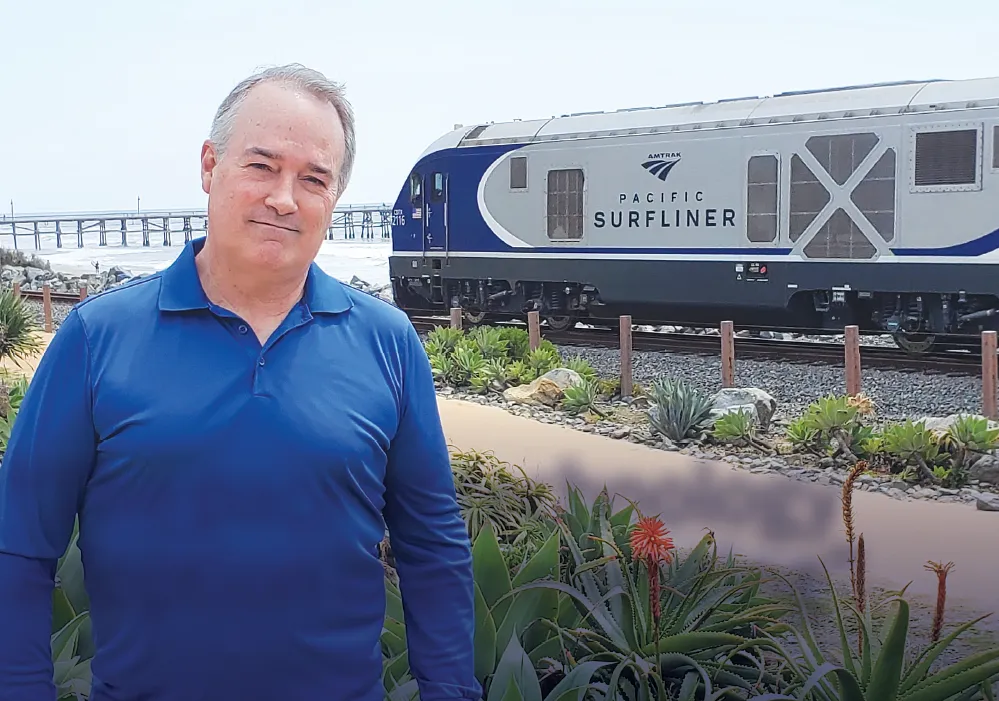A recent report by US
The report, 2015 OST-R Transportation Technology Scan: A Look Ahead, identifies technological advances and innovative concepts, along with their associated benefits, challenges and risks that could fundamentally alter the transportation landscape:
These include: Additive manufacturing (3D printing); Advanced analytics and machine learning; Automated vehicles; Hyperloop; Infrastructure inspection robots; Innovative concepts for protecting pedestrians, cyclists and motorcyclists; The Internet of Things; Materials science in infrastructure; On-demand ride services (transportation network companies); Unmanned aircraft systems (UAS); Wireless power transfer.
“Advances in just the past decade have dramatically changed the way Americans travel and deliver goods, and the pace of change is something we cannot dictate,” writes US DOT assistant secretary for research and technology Gregory Winfree in the report’s foreword.
“This is why we must be proactive and look to new technologies that have clear applications for transportation. However, new technologies can also introduce new risks, and we must anticipate the full range of potential impacts.”
The report also notes external factors that could maximise or hinder potential, such as the growing role of data and connectivity, changes to the workforce, and the uncertain impact of these technologies on travel behaviour.
Emerging technologies that could have major impacts on transportation
A recent report by US Volpe experts identifies eleven emerging technologies and innovative applications that may have significant impacts on our transportation systems within three to five years. The report, 2015 OST-R Transportation Technology Scan: A Look Ahead, identifies technological advances and innovative concepts, along with their associated benefits, challenges and risks that could fundamentally alter the transportation landscape:
January 29, 2016
Read time: 2 mins
RSS










